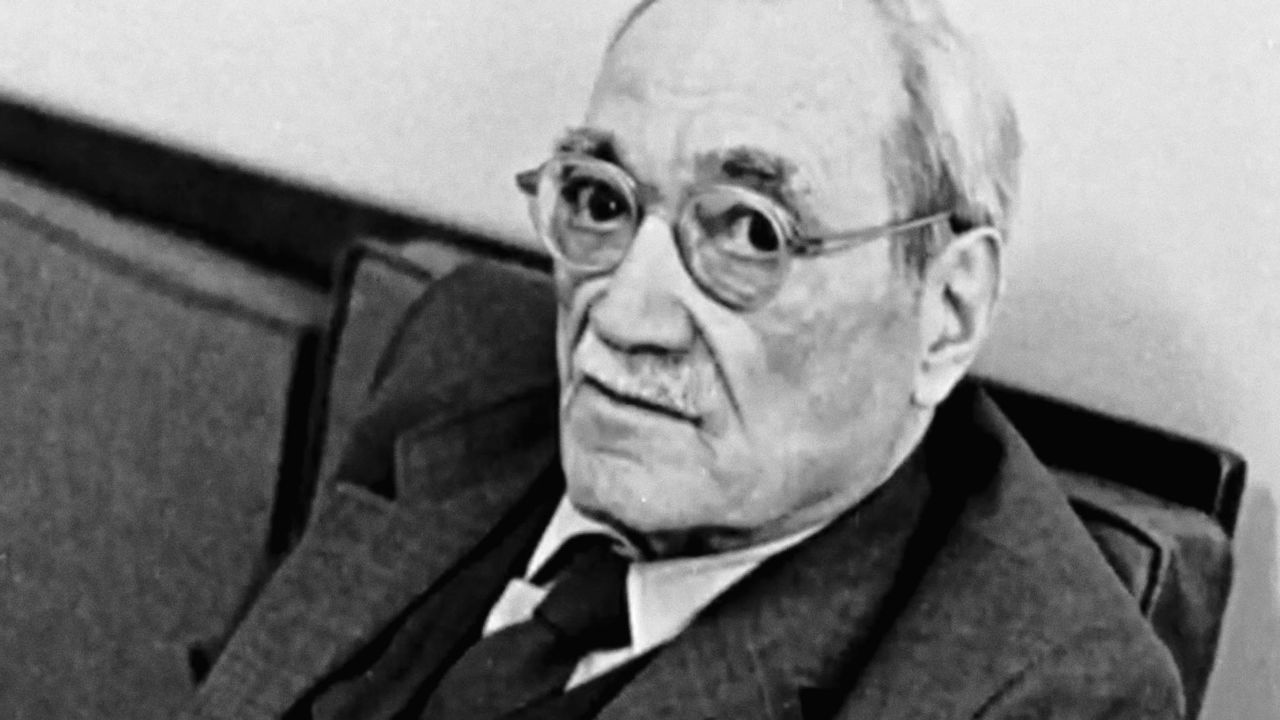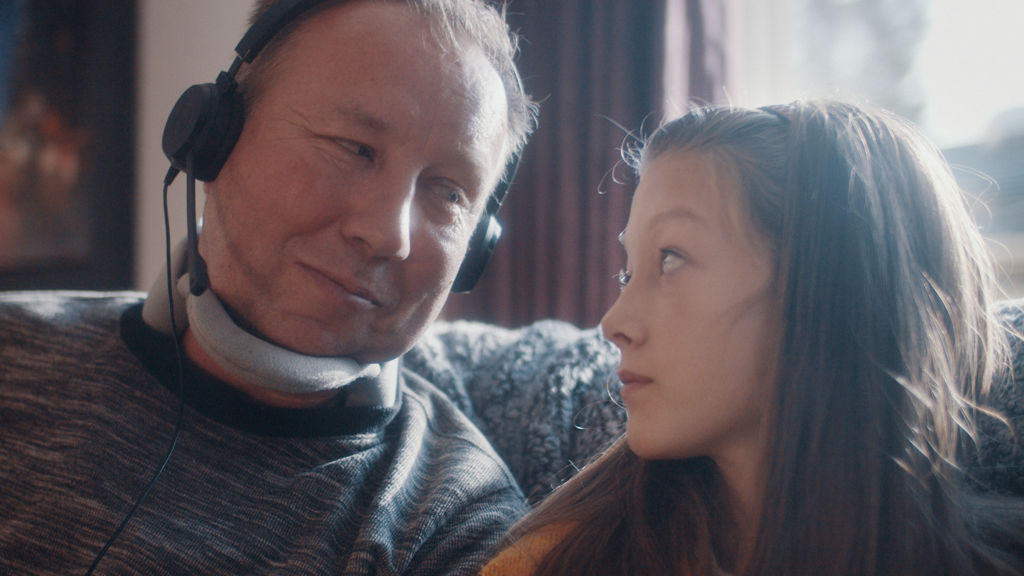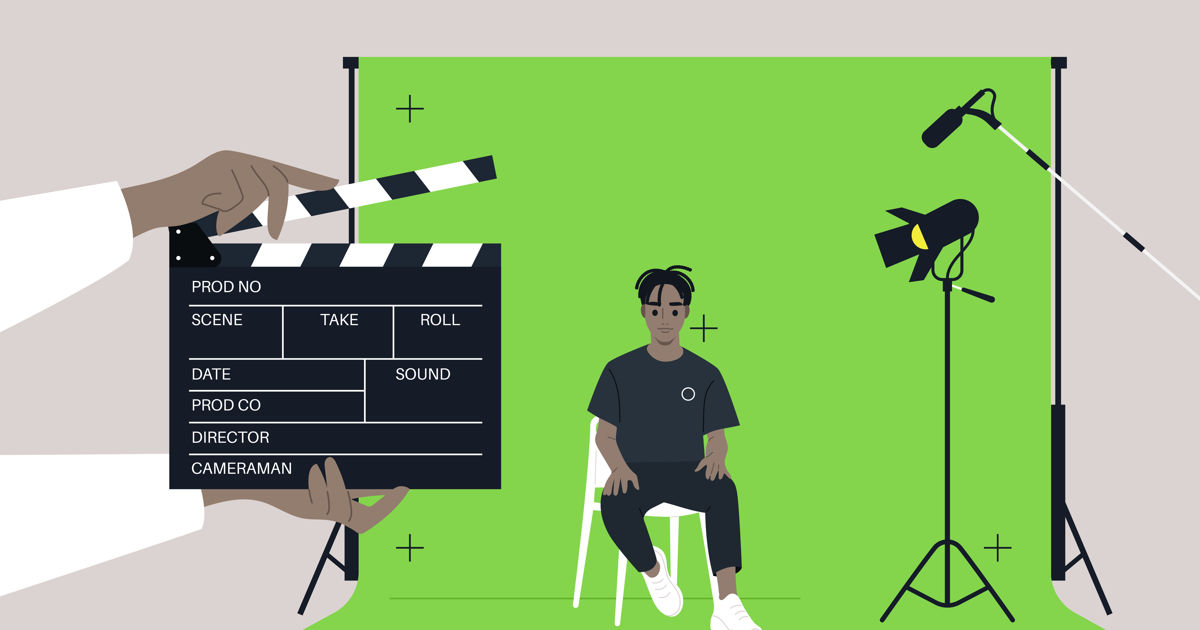How to cast a documentary: setting the stage for real life to unfold
Casting can be challenging, finding the right people to tell a real life story even more so. Simon Frost and Ben Hanson, Co-Founders of recently launched production company Witness, which specialises in authentic storytelling, reveal why making it hard for yourself can sometimes pay dividends.
Casting is a celebrated art in commercials, but it is not often talked about in branded documentaries. Perhaps that's because it sounds like a dirty word, as if it goes against the fundamentals of what a documentary is.
Even the Oxford Dictionary insists that casting means 'assigning actors', but that is not always the case.
Casting in documentary is about setting the stage for real life to emerge on film.
Casting in documentary is about setting the stage for real life to emerge on film. You have your principal cast and a supporting cast of friends, family, colleagues or associates. In a creative arena where you inherently have little control over what happens, casting is almost the only control you will have.

Above: British filmmaker John Grierson was the first person to coin the term 'documentary'.
In 1926, filmmaker John Grierson first coined the term ‘documentary’ and he defined it as such; 'The creative treatment of actuality'. And so, when you do discover the people to authentically carry the story, you need to create the scenarios where 'actuality' can play out naturally.
That involves the careful choice of location and, critically, the right combination of cast to elicit the story. Sometimes that might be a person on their own, other times it will be with a close friend or a family member.
If you cast well, you will never need to script a word... it just takes a lot of hard work to get there.
Often a person who clams up on camera and simply can’t tell their story will be transformed by the presence of a friend or loved one to bounce off, each person meticulously searched for, each a key to unlocking the story.
So, how does casting work in branded documentary? We sometimes find that a brand will push to script non-actors, to ensure they get what they need but, if you cast well, you will never need to script a word... it just takes a lot of hard work to get there.

Above: Casting for a documentary can be hard, with no agency full of actors to call upon.
For us, casting is as important as the editor or DoP, so the casting director is such an important ally. Without an agency full of actors to call on, they will instead search through Facebook groups, stroll into working mens clubs at 9pm, or a bingo hall on a Sunday.
It’s an investigative role where you are searching for someone you’re not sure exists. You have a promise, a contract actually, with the client and the agency that you will deliver what you said you would, but you’re still left praying for a call from the casting director that they have uncovered hidden gems.
People can only tell you things for the first time once. So it’s important you keep your powder dry and not use up your best answers during the casting.
Then you need a casting tape. This is an absurd dance where we interview the person whilst doing everything we can to avoid talking about anything related to the story we are telling. People can only tell you things for the first time once. So it’s important you keep your powder dry and not use up your best answers during the casting.
It’s also important to remember that sharing your life is far more of a sacrifice than simply sharing your time for a regular job. People are sharing their stories because they want to, not because they are being paid. By that same merit, you have to respect if someone changes their mind.
Above: Casting for sensitive subjects, such as this spot Frost and Hanson made for Campaign Against Living Miserably, means an even more sensitive approach.
In South Korea, filming an elderly freediving octopus hunter, we found ourselves in this situation. Our hero cast member simply changed their mind. Recasting meant befriending fishermen and slowly building trust until we found a lady who was willing to film with us. It meant cramming a week of filming into a day, but the onsite casting process actually brought us more into the community than would have been possible over email and we feel the final film benefitted from this.
Casting during the production is actually really common and some projects invariably involve setting out to film without anyone lined up.
Casting during the production is actually really common and some projects invariably involve setting out to film without anyone lined up, or going to places you’ve never been before, where you cannot pre-cast from afar. For a job in Kenya we got lucky. We needed to tell the story of grassroots innovation in the fight against plastic waste during the introduction of a new law which imposed a four-year prison sentence for possessing plastic bags.
When on the ground, we met a legendary soundman who, as it transpired, was one of the journalists in the Rwanda Hotel on that infamous day. He was one of the most respected people in Nairobi. He unlocked story after story - a friend here, a group there - eventually landing us an interview with the high ranking politician responsible for the environmental laws (an interview where we were surrounded by 15 armed soldiers with AK47s).
Credits
powered by
- Agency VMLY&R/New York
- Production Company Borderland
- Director Simon Frost
-
-
Unlock full credits and more with a Source + shots membership.
Credits
powered by
- Agency VMLY&R/New York
- Production Company Borderland
- Director Simon Frost
- Post Production Jam3/Canada
- Audio Post Human Music & Sound Design/USA
- Chief Creative Officer Wayne Best
- Executive Creative Director Niraj Zaveri
- Executive Creative Director Justin Ebert
- Creative Director Tal Shub
- Creative Director Carlos Pabon
- Executive Producer Bobby Jacques
- Senior Producer Allison Raich
- Senior Producer Dan Bradbury
- Executive Music Producer Theresa Notartomaso
- Director/DP Ben Hanson
- Managing Director/Executive Producer Zoe Barlow
- Executive Producer James Dean Wells
- DP Simon Frost
- Director of Production Fernando Martinez
- Music Production/Art Buyer/Associate Producer Karli James

Credits
powered by
- Agency VMLY&R/New York
- Production Company Borderland
- Director Simon Frost
- Post Production Jam3/Canada
- Audio Post Human Music & Sound Design/USA
- Chief Creative Officer Wayne Best
- Executive Creative Director Niraj Zaveri
- Executive Creative Director Justin Ebert
- Creative Director Tal Shub
- Creative Director Carlos Pabon
- Executive Producer Bobby Jacques
- Senior Producer Allison Raich
- Senior Producer Dan Bradbury
- Executive Music Producer Theresa Notartomaso
- Director/DP Ben Hanson
- Managing Director/Executive Producer Zoe Barlow
- Executive Producer James Dean Wells
- DP Simon Frost
- Director of Production Fernando Martinez
- Music Production/Art Buyer/Associate Producer Karli James
Above: Frost and Hanson's work for the Motor Neurone Disease Association.
Also, the more sensitive the subject, the more care you have to put into casting. We have worked on many such projects, including branded docs for Campaign Against Living Miserably and the Motor Neurone Disease Association. For CALM we worked with a casting director called Sunnah Kahn whose experience working in hard-hitting TV documentaries was invaluable in sensitively sourcing people willing to share their stories of suicidal ideation.
The more sensitive the subject, the more care you have to put into casting.
For the MNDA we leant on the experience of Richard Cave, a speech therapist who visited people living with Motor Neurone Disease daily. He became both our casting director and mentor for this project that required the utmost sensitivity.
We do it the hard way because that really is the only way to make it authentic. And, when you get the right people, it is magic.
So, it's time to celebrate the casting process of documentaries. Making it harder for yourselves as directors, with no time to lose, is scary, but with the right people to make it happen, it’s worth it.
)




 + membership
+ membership







